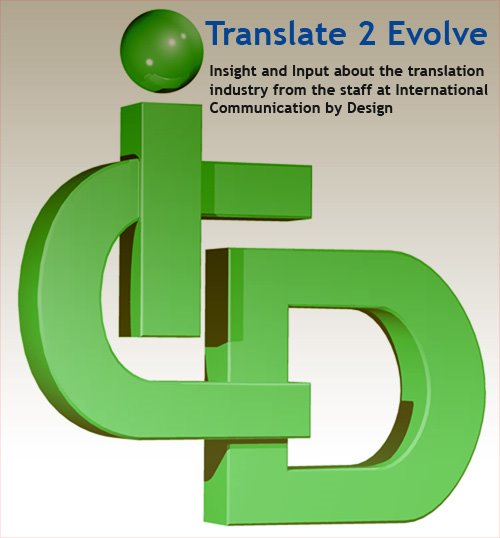I just read a post from Joel Zetzsche's newsletter, and he coined a new term:
Fanlation
Translation done by enthused users ready to donate their time for a product.
Translation done by enthused users ready to donate their time for a product.
Joel uses the term: Fanlation to describe crowdsouring of sites like Facebook and Twitter. I have written a few posts on crowdsouring, and Fanlation seems to sum up crowdsouring translation efforts for social media sites pretty well, as most of the users of these sites are not only fans of the site, but they contribute translations for the sites crowdsourcing efforts. I also feel that fanlation can be expanded for technical translation.
I know translators get paid to translate technical documentation, but sometimes if they are truly immersed in the subject or are "fans" of a particular technical field, they could contribute some translations towards a crowdsourcing effort. The translator's would have to get the consent of their client before contributing their translation, or they could simply contribute terms towards a glossary.
So, Fanlation is a neat term, and I think it could be extended beyond social media sites. After all a fan is fan is a fan. A fan of what is the question?
